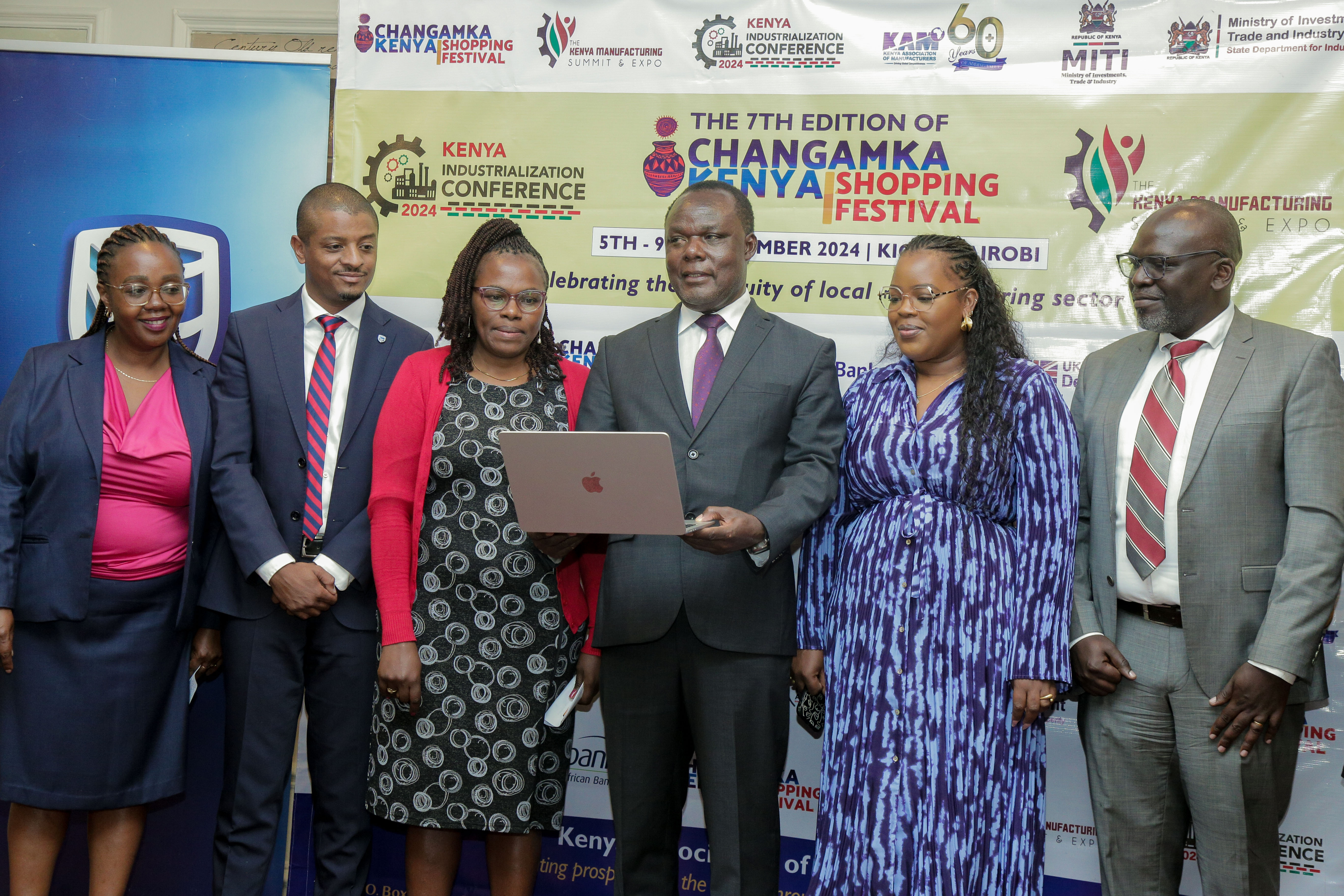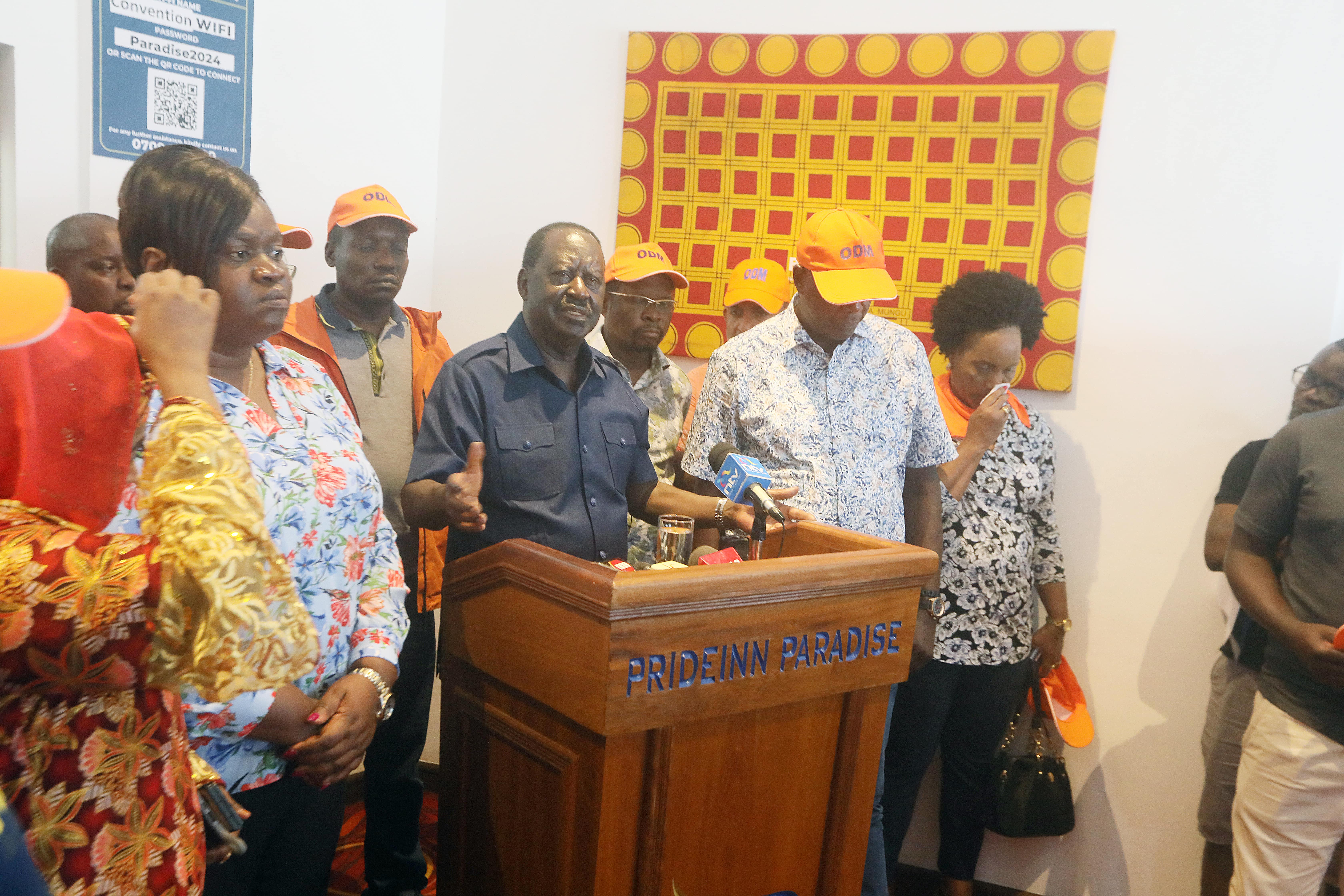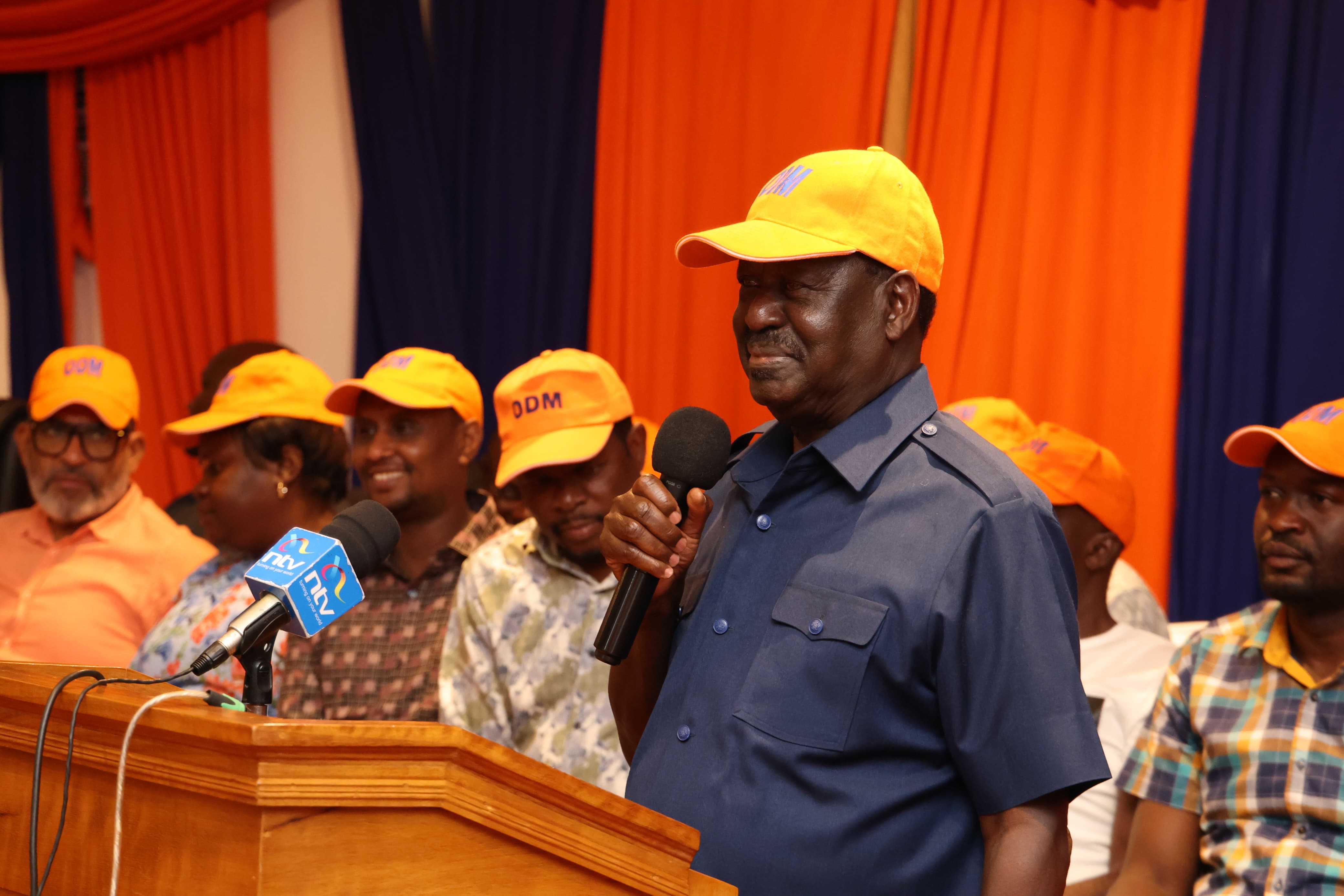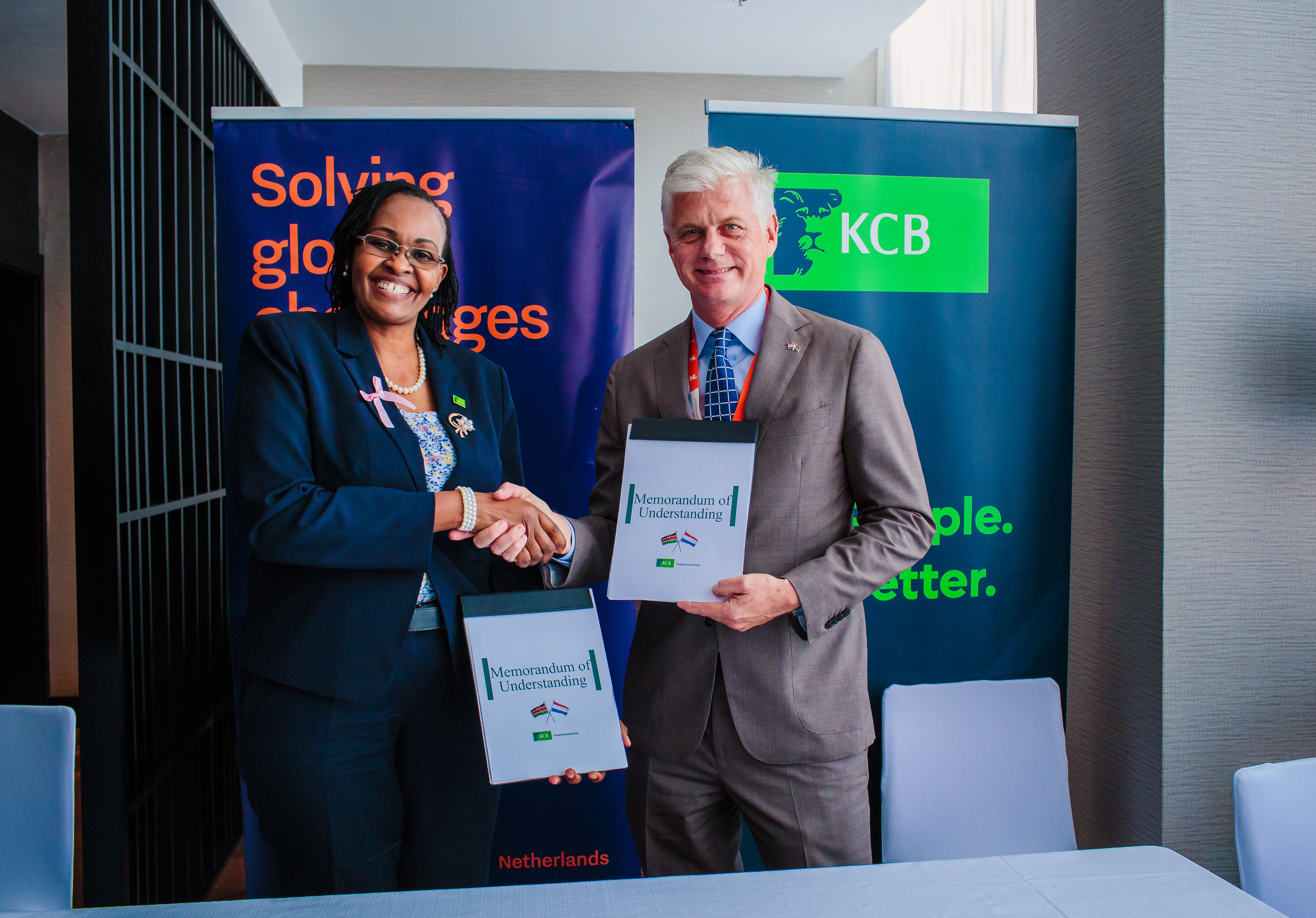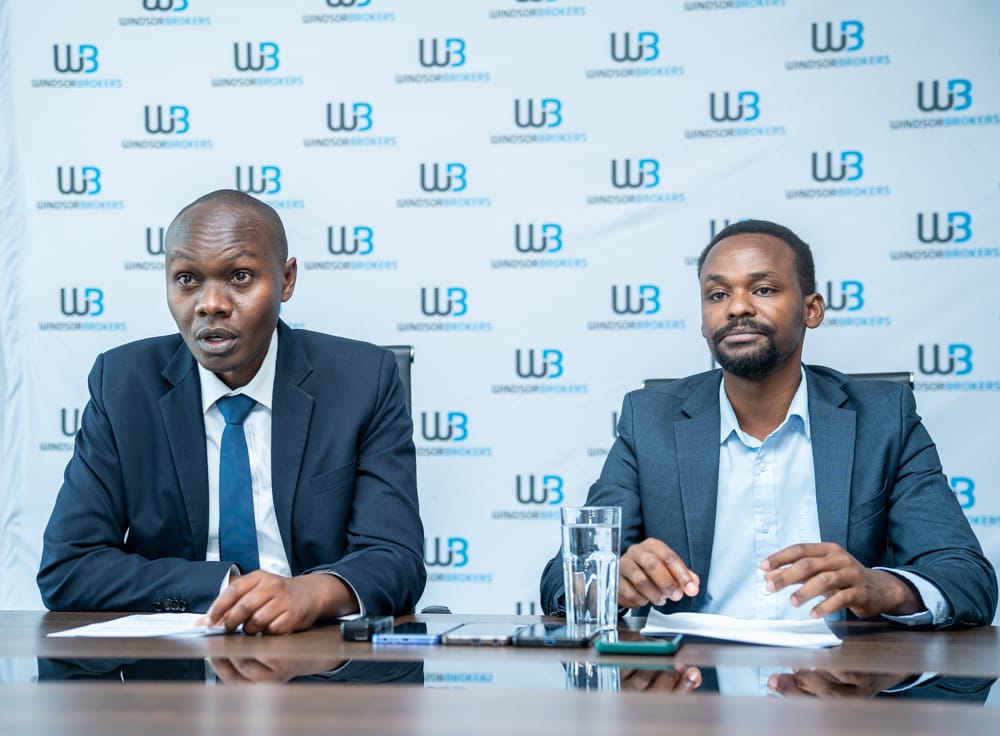British Council Advocates for Inclusion and Belonging for All in School
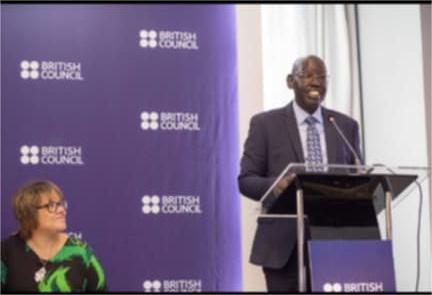
The British Council is currently hosting the Inclusive Schools Conference under the theme ‘Leading Inclusion and Belonging in Schools’ in Nairobi, Kenya.
The three-day event, held from 15th to 17th October, brought together policymakers from 14 countries to address the challenges of building high-quality, inclusive schools that empower all students to reach their full potential.
The occassion was graced by Dr. Belio Kipsang Principal Secretary, State Department for Basic Education in the Ministry of Education Kenya. Present during the occassion were also; British Council country Director Tom Porter, Deputy Regional Director, UNICEF regional office for Eastern and Southern Africa (ESARO), Lieke Van de Wield, International senior education leaders and Government dignitaries from different countries in Sub Saharan Africa, Middle East and Asia.
Hosted by the British Council, the conference addressed key areas, including inclusive education for students with special educational needs and disabilities (SEND), advancing gender equality, and overcoming language barriers in the classroom.
The event fostered a collaborative environment where international policymakers shared effective practices and built networks for ongoing cooperation. “Inclusive education is about giving every school going child the right and an opportunity to access quality and relevant Education. It is estimated that there are about 240 million children with disabilities worldwide.
These children have ambitions and dreams for their future and need quality education to develop their skills and realize their full potential.
They face persistent barriers to education stemming from discrimination, stigma and the routine failure of decision makers to incorporate disability in school services. Evidence has shown that in most cases, a student’s sense of belonging improves academic outcomes, increases continuing enrolment, and is protective for mental health thus the need for us to create an environment in our learning institutions, that make the learners feel accepted and regarded.
In Kenya, we have taken every measure and effort to provide equitable access to quality education for all students including those with disabilities and marginalized. As such we have made significant strides towards inclusive education. Approaching 100% enrolment in primary as well as secondary schools. Enrolment rates for children with disabilities in special needs schools and those from ASAL areas have also gone up significantly.
We also ensure full participation of learners with special needs in co-curricular activities. We have a number of policies to promote inclusive education such as; Kenya is implementing Free Primary Education (FPE), and Free Day Secondary Education (FDSE) initiatives to ensure all children access education.” Said Dr. Belio Kipsang Principal Secretary, State Department for Basic Education in the Ministry of Education Kenya.
Key Themes Explored at the Conference include: Special Educational Needs and Disabilities (SEND): Discussions centred on creating curricula that cater to diverse abilities and the importance of teacher training in fostering inclusivity. Gender Equality: Delegates focused on addressing systemic barriers that hinder girls’ access to education and explored strategies to create gender-responsive educational environments.
Language of Instruction: Policymakers shared insights into how language can influence students’ sense of belonging and discussed solutions to overcome linguistic barriers in multi-language contexts. The event’s programme included keynote addresses, hands-on workshops, and facilitated discussions. Among the highlights was a visit to an inclusive school in Nairobi, where delegates observed practical examples of inclusive teaching and learning in action.
This provided an opportunity to reflect on the policies and practices that could be adapted and implemented in their home countries. The conference facilitated the exchange of experiences and solutions among policymakers, leading to valuable insights into addressing inclusion challenges, the creation of international networks committed to fostering inclusive policies at both local and global levels and the dissemination of evidence-based approaches to building inclusive school systems, with a focus on sustainability and cultural sensitivity.
The conference set the stage for continued dialogue and collaboration on the global push toward inclusive education.
“We connect, we inspire, and hopefully that’s what this conference will do over the next few days. For 90 years, we’ve supported peace and prosperity by building connections, understanding, and trust between the UK and countries worldwide. Through education, arts, culture, language, and creativity, we help shape the future. In Kenya, we’ve been present for 77 years, so what does that mean for us here.We have a strong programme in Kenya across a range of activities, working with many partners, including the Ministry of Education.
We also have a robust digital skills programme, helping people get online and explore creative opportunities. Our arts and culture programme is also thriving. Next year, in 2025, we’ll focus on learner and worker assessment, preparing them for new opportunities. Recently, we hosted a conference on language, which is something we will continue to explore over the next two days, particularly around the role of English in a multilingual world. We hope to contribute to making the world a better place through our work, and we hope that positive change is reciprocal. We’re also pleased to strengthen our relationships between the UK and Kenya.
The themes of this conference resonate with me as a leader of the British Council here and from my diverse experiences. Diverse perspectives are crucial not only for inclusion but also because they lead to better decisions and outcomes.” Said Tom Porter British Council country Director. The British Council is the UK’s international organisation for cultural relations and educational opportunities.
We support peace and prosperity by building connections, understanding and trust between people in the UK and countries worldwide. We do this through our work in arts and culture, education and the English language. We work with people in over 200 countries and territories and are on the ground in more than 100 countries. In 2022–23 we reached 600 million people.
British Council Advocates for Inclusion and Belonging for All in School The British Council is currently hosting the Inclusive Schools Conference under the theme ‘Leading Inclusion and Belonging in Schools’ in Nairobi, Kenya. The three-day event, held from 15th to 17th October, brought together policymakers from 14 countries to address the challenges of building high-quality, inclusive schools that empower all students to reach their full potential.
The occassion was graced by Dr. Belio Kipsang Principal Secretary, State Department for Basic Education in the Ministry of Education Kenya. Present during the occassion were also; British Council country Director Tom Porter, Deputy Regional Director, UNICEF regional office for Eastern and Southern Africa (ESARO), Lieke Van de Wield, International senior education leaders and Government dignitaries from different countries in Sub Saharan Africa, Middle East and Asia.
Hosted by the British Council, the conference addressed key areas, including inclusive education for students with special educational needs and disabilities (SEND), advancing gender equality, and overcoming language barriers in the classroom.
The event fostered a collaborative environment where international policymakers shared effective practices and built networks for ongoing cooperation. “Inclusive education is about giving every school going child the right and an opportunity to access quality and relevant Education. It is estimated that there are about 240 million children with disabilities worldwide.
These children have ambitions and dreams for their future and need quality education to develop their skills and realize their full potential. They face persistent barriers to education stemming from discrimination, stigma and the routine failure of decision makers to incorporate disability in school services.
Evidence has shown that in most cases, a student’s sense of belonging improves academic outcomes, increases continuing enrolment, and is protective for mental health thus the need for us to create an environment in our learning institutions, that make the learners feel accepted and regarded. In Kenya, we have taken every measure and effort to provide equitable access to quality education for all students including those with disabilities and marginalized. As such we have made significant strides towards inclusive education.
Approaching 100% enrolment in primary as well as secondary schools. Enrolment rates for children with disabilities in special needs schools and those from ASAL areas have also gone up significantly. We also ensure full participation of learners with special needs in co-curricular activities. We have a number of policies to promote inclusive education such as; Kenya is implementing Free Primary Education (FPE), and Free Day Secondary Education (FDSE) initiatives to ensure all children access education.” Said Dr. Belio Kipsang Principal Secretary, State Department for Basic Education in the Ministry of Education Kenya.
Key Themes Explored at the Conference include: Special Educational Needs and Disabilities (SEND): Discussions centred on creating curricula that cater to diverse abilities and the importance of teacher training in fostering inclusivity.
Gender Equality: Delegates focused on addressing systemic barriers that hinder girls’ access to education and explored strategies to create gender-responsive educational environments. Language of Instruction: Policymakers shared insights into how language can influence students’ sense of belonging and discussed solutions to overcome linguistic barriers in multi-language contexts.
The event’s programme included keynote addresses, hands-on workshops, and facilitated discussions. Among the highlights was a visit to an inclusive school in Nairobi, where delegates observed practical examples of inclusive teaching and learning in action.
This provided an opportunity to reflect on the policies and practices that could be adapted and implemented in their home countries.
The conference facilitated the exchange of experiences and solutions among policymakers, leading to valuable insights into addressing inclusion challenges, the creation of international networks committed to fostering inclusive policies at both local and global levels and the dissemination of evidence-based approaches to building inclusive school systems, with a focus on sustainability and cultural sensitivity. The conference set the stage for continued dialogue and collaboration on the global push toward inclusive education.
“We connect, we inspire, and hopefully that’s what this conference will do over the next few days. For 90 years, we’ve supported peace and prosperity by building connections, understanding, and trust between the UK and countries worldwide. Through education, arts, culture, language, and creativity, we help shape the future.” Said Tom Porter British Council Country Director.
He highlighted that the British Council has been present in Kenya for 77 years, maintaining a strong programme across various activities in collaboration with partners such as the Ministry of Education.
They emphasized the success of their digital skills initiative, which helps people access the internet and explore creative opportunities, as well as their thriving arts and culture programme.
Looking ahead to 2025, the Council plans to focus on learner and worker assessment to prepare them for new opportunities. The speaker also mentioned a recent conference on language, with a continued focus over the next two days on the role of English in a multilingual world.
They expressed hope that the Council’s work would contribute to positive change, strengthening the relationship between the UK and Kenya. As a leader of the British Council, they underscored the importance of diverse perspectives in making better decisions and achieving positive outcomes.
The British Council is the UK’s international organisation for cultural relations and educational opportunities.
We support peace and prosperity by building connections, understanding and trust between people in the UK and countries worldwide. We do this through our work in arts and culture, education and the English language.
We work with people in over 200 countries and territories and are on the ground in more than 100 countries. In 2022–23 we reached 600 million people.

